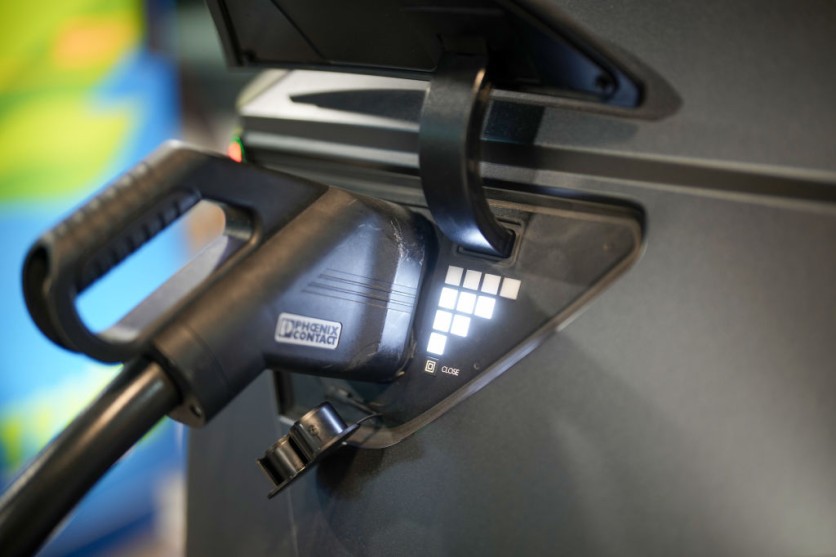In a move that could redefine the energy storage and electric vehicle (EV) landscape, industry giants are placing their bets on a revolutionary technology: sodium-based batteries.
As Bloomberg reports, this strategic shift signifies a potential game-changer, leveraging sodium's abundance and cost-effectiveness to challenge the dominance of lithium in the battery market.

The Potential of Sodium in Batteries
Sodium, abundantly found in rock salts and brines globally, has long been overshadowed by lithium due to the latter's superior range and performance.
However, Bloomberg underlines that recent developments indicate a seismic shift.
Sweden's Northvolt AB has announced a significant breakthrough in sodium battery technology, while Chinese EV manufacturer BYD Co. inked a staggering $1.4 billion deal to construct a sodium-ion battery plant.
Adding to this momentum, China's CATL previously declared the utilization of sodium-based batteries in vehicles starting this year.
A Closer Look
The implications of successful sodium-based products are profound. Not only could they mitigate lithium consumption, but they might also reshape the metals used in batteries, leading to fluctuating supply-and-demand dynamics.
Cobalt and nickel, once forecasted to face shortages, have experienced revised demand estimates due to the emergence of alternative cells.
Sodium-ion batteries, albeit lower in energy density than lithium, find a niche in smaller EVs or grid-scale energy storage where size isn't a critical concern.
BloombergNEF estimates suggest a potential reduction of 272,000 tons of lithium demand by 2035 through sodium adoption, which could surpass 1 million tons if the lithium supply falls short.
Read Also : Thor Industries Unveils Innovative EV Charging Stations for RVs, Trailers, Tow Trucks in Rural Landscape
Sam Adham, head of battery materials at consultancy CRU Group, asserted, "Sodium-ion will have a part to play in improving the lithium supply-demand balance."
Despite the recent decline in lithium prices, sodium remains a cost-efficient alternative. Should the market expand, lithium-iron-phosphate (LFP) cells might echo the rise, favored for their lower cost despite a slightly diminished performance.
Advantages of Sodium Batteries
The true advantage of sodium batteries emerges in grid-scale energy storage, where affordability trumps performance.
Reports tell us that new advancements have propelled sodium batteries to compete with certain lithium-ion setups, specifically those employing lithium iron phosphate (LFP) cathodes.
While LFP-based batteries may not match the energy density of top-tier technology, their significance is rising due to being approximately 20% more cost-effective.
Yet, challenges persist, particularly in enhancing the cycle life of sodium cells, which currently average 5,000 cycles compared to the more cost-effective lithium products, lasting around 7,500 cycles.
The competitive landscape is expected to be dominated by Chinese manufacturers initially, leveraging their extensive operations for cost efficiency.
This market advantage places European and American counterparts in a catch-up situation, lacking comparable experience in mass-scale sodium or lithium battery production.
As the industry navigates this transformative juncture, the focus remains on technological advancements and market dynamics. Sodium-ion batteries could potentially democratize EVs, offering cost-effective alternatives for everyday commuting, thereby democratizing sustainable transportation.
Stay posted here at Tech Times.
Related Article : Finland Tests Electrofuel Derived From Green Hydrogen for the First Time

![Apple Watch Series 10 [GPS 42mm]](https://d.techtimes.com/en/full/453899/apple-watch-series-10-gps-42mm.jpg?w=184&h=103&f=9fb3c2ea2db928c663d1d2eadbcb3e52)



